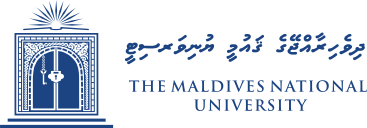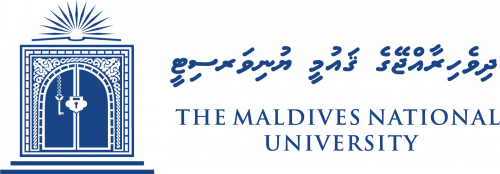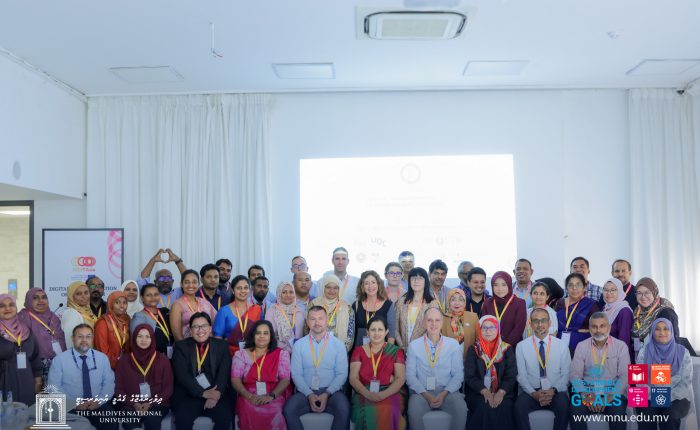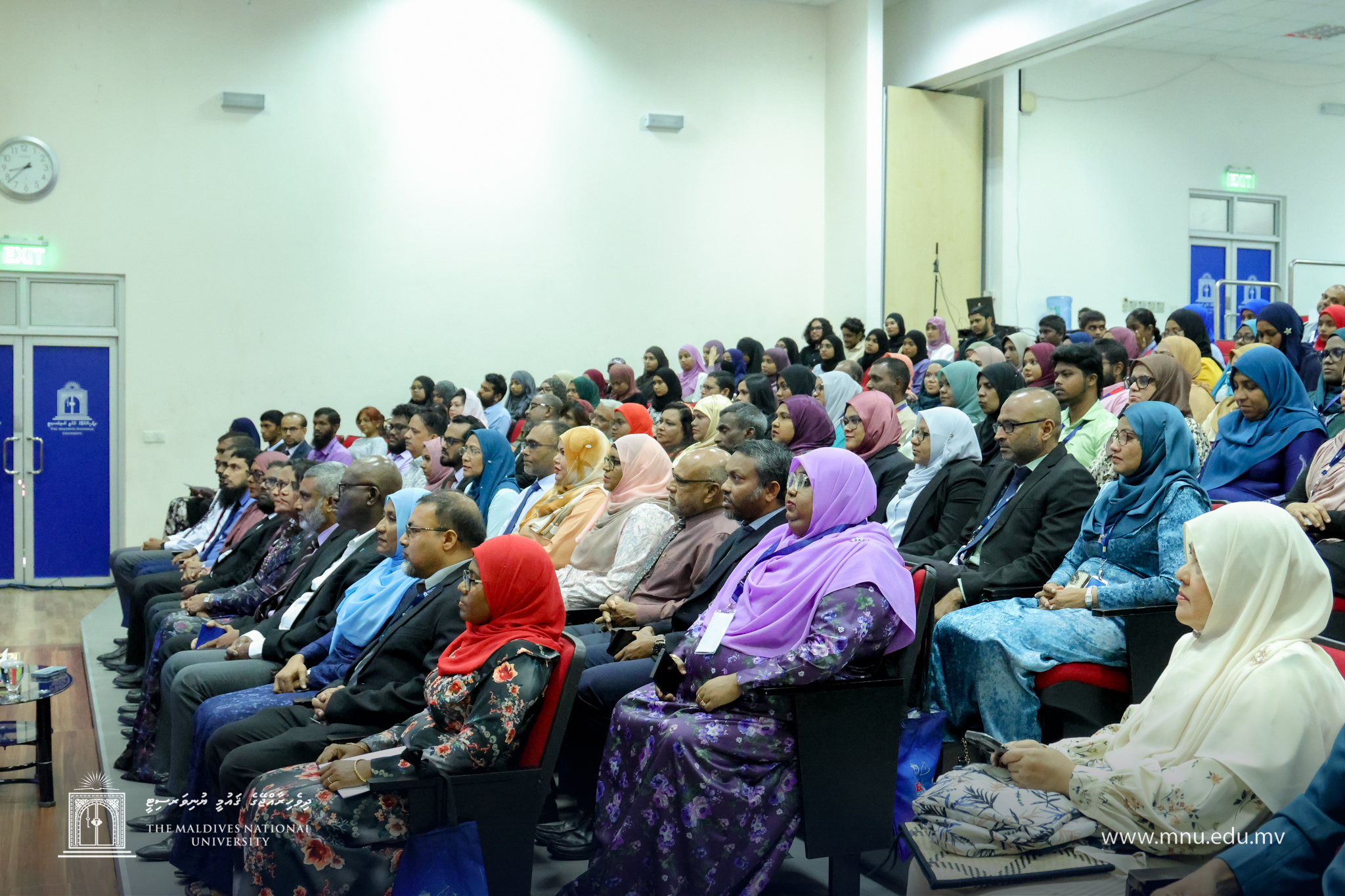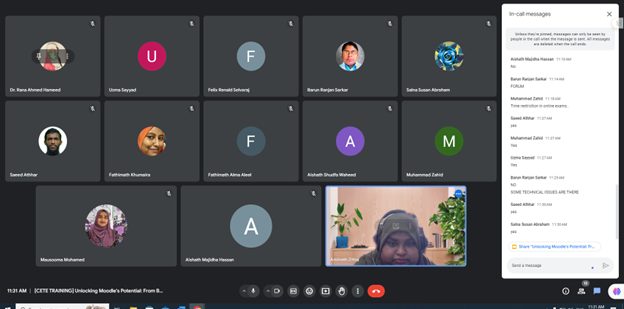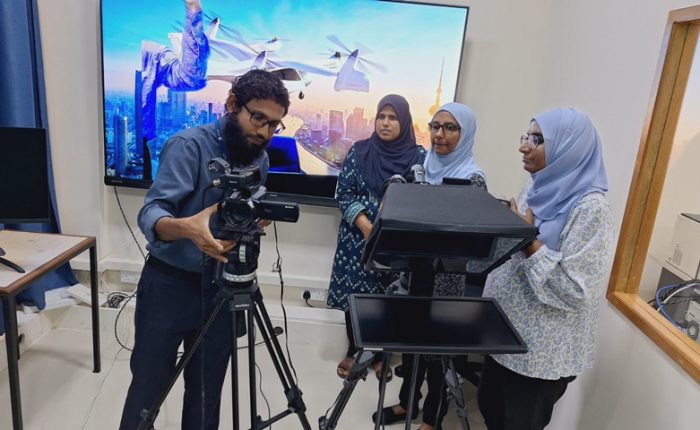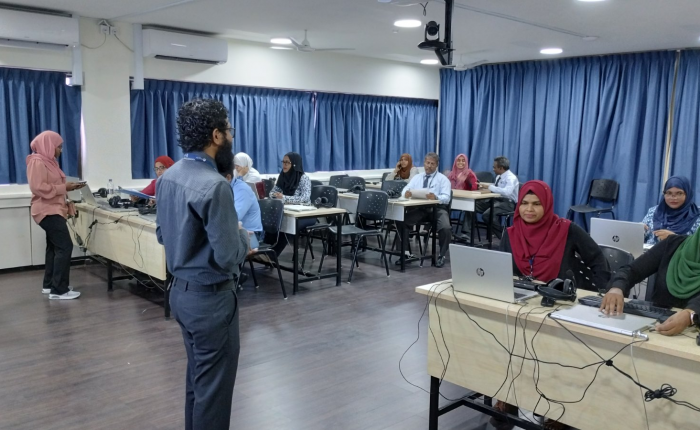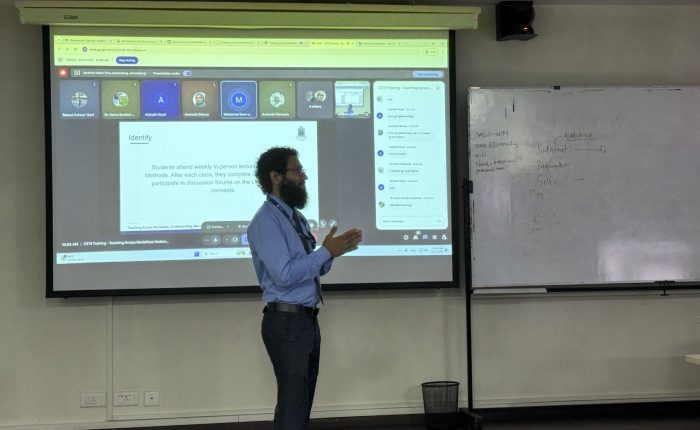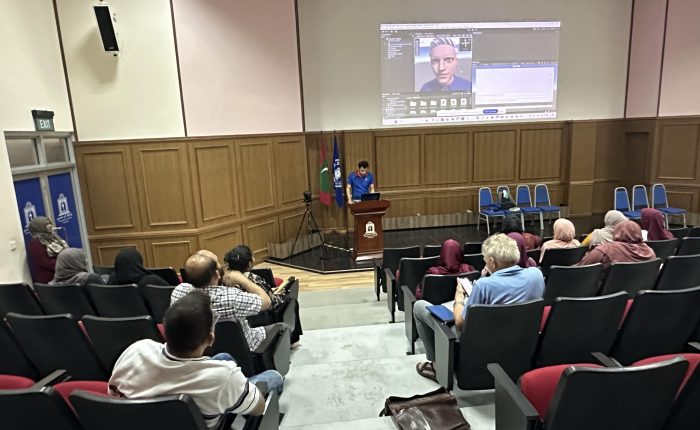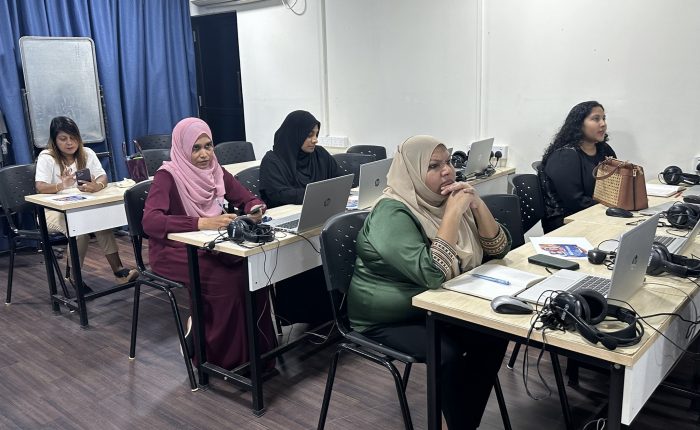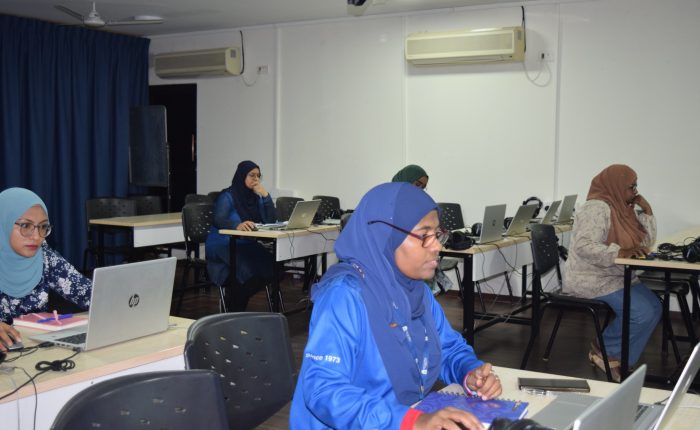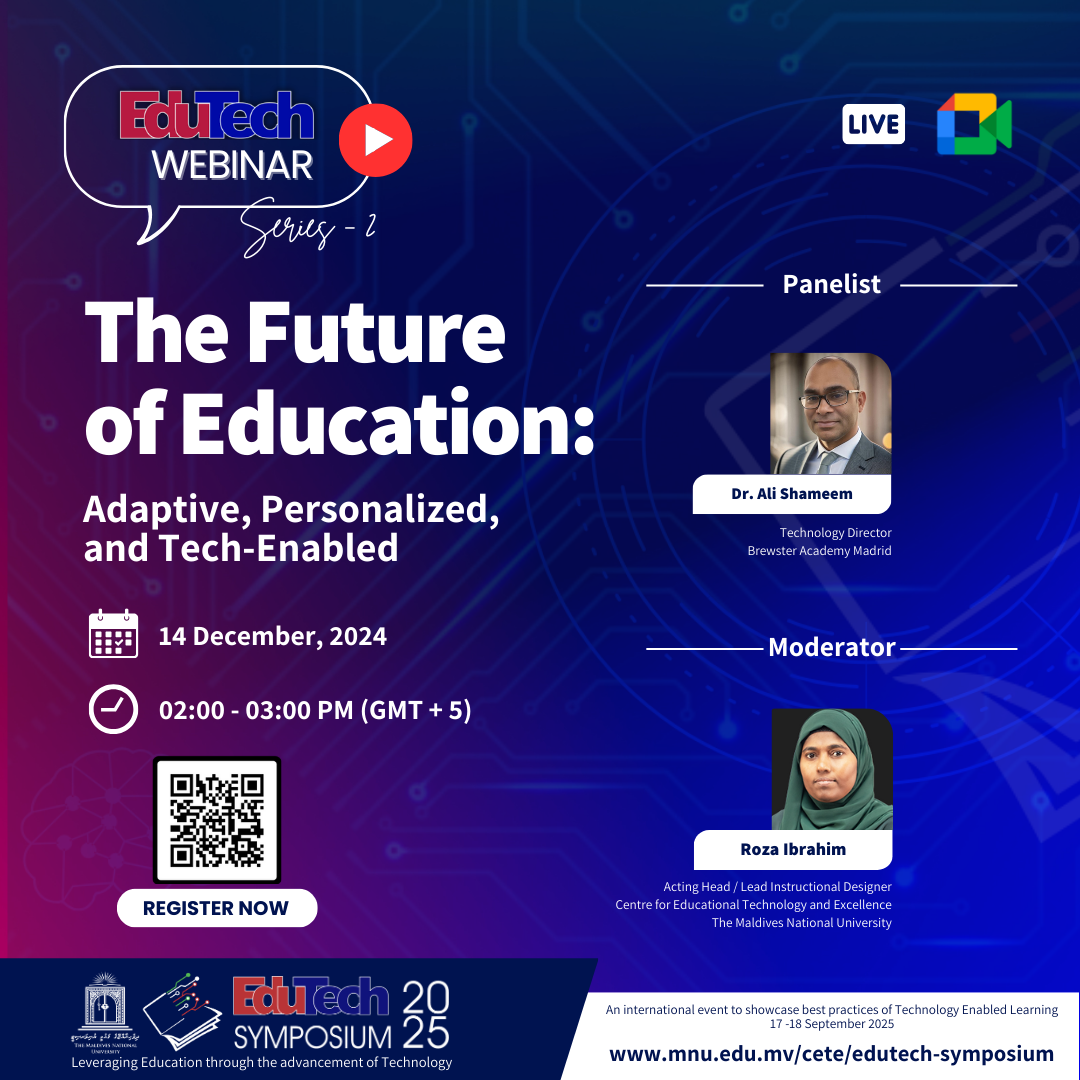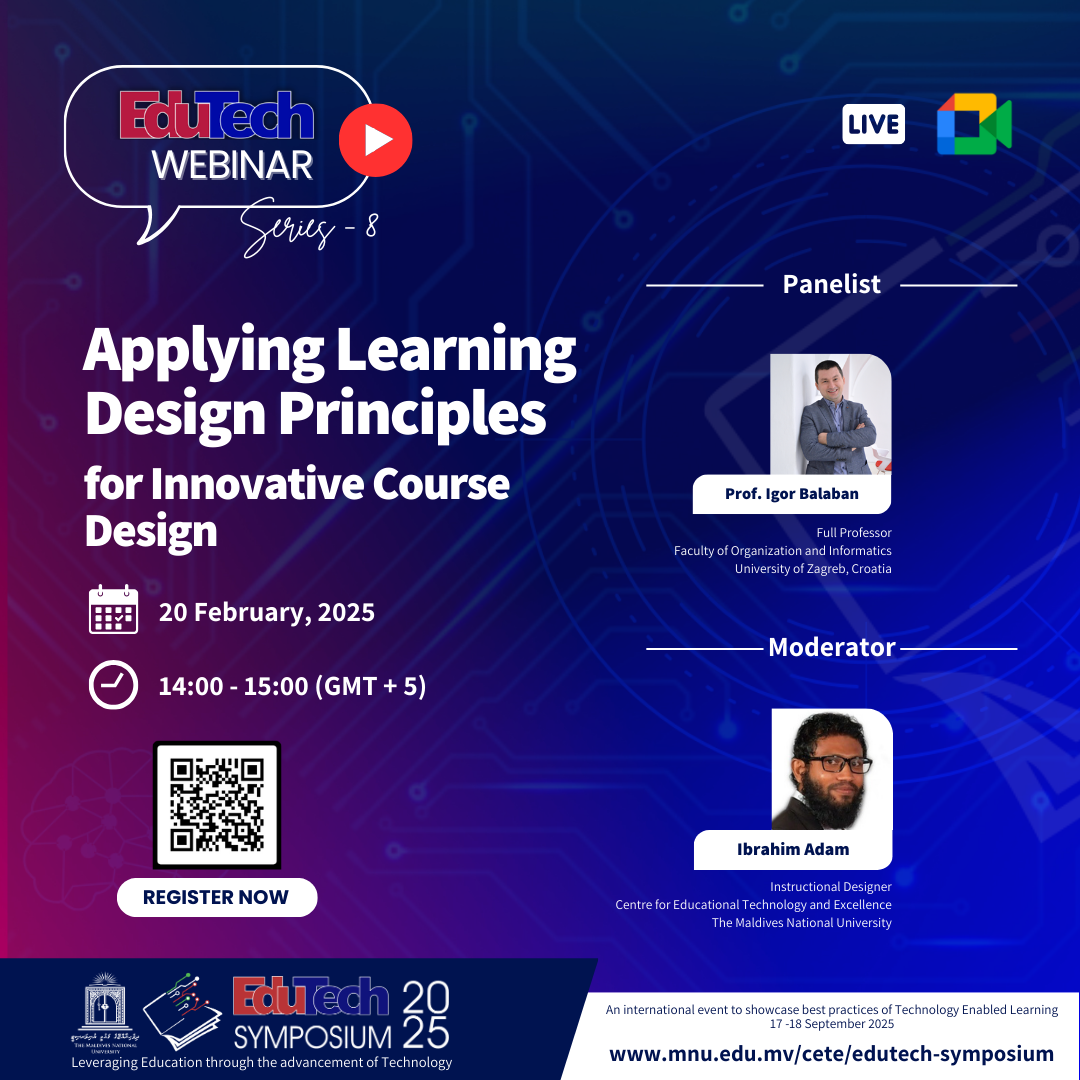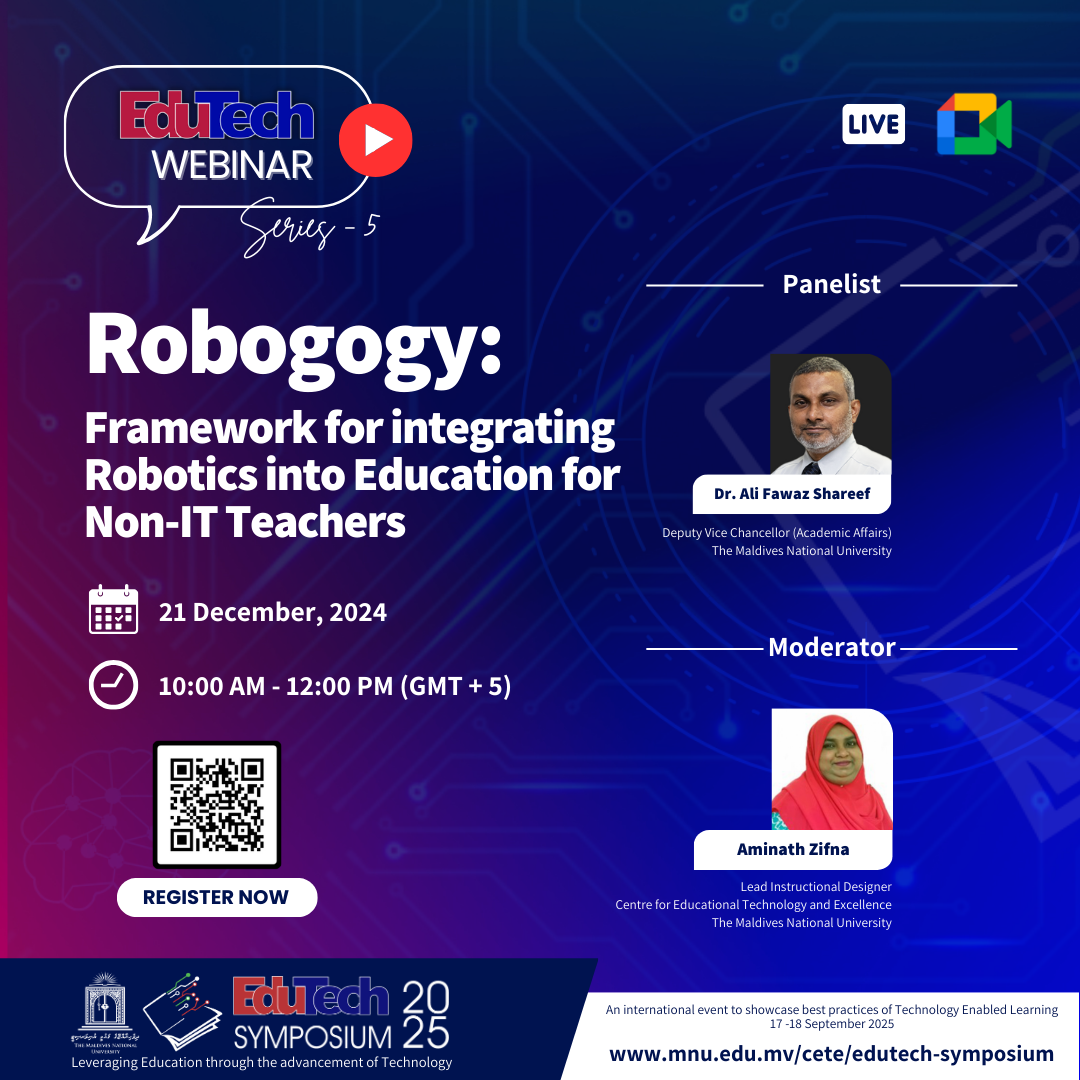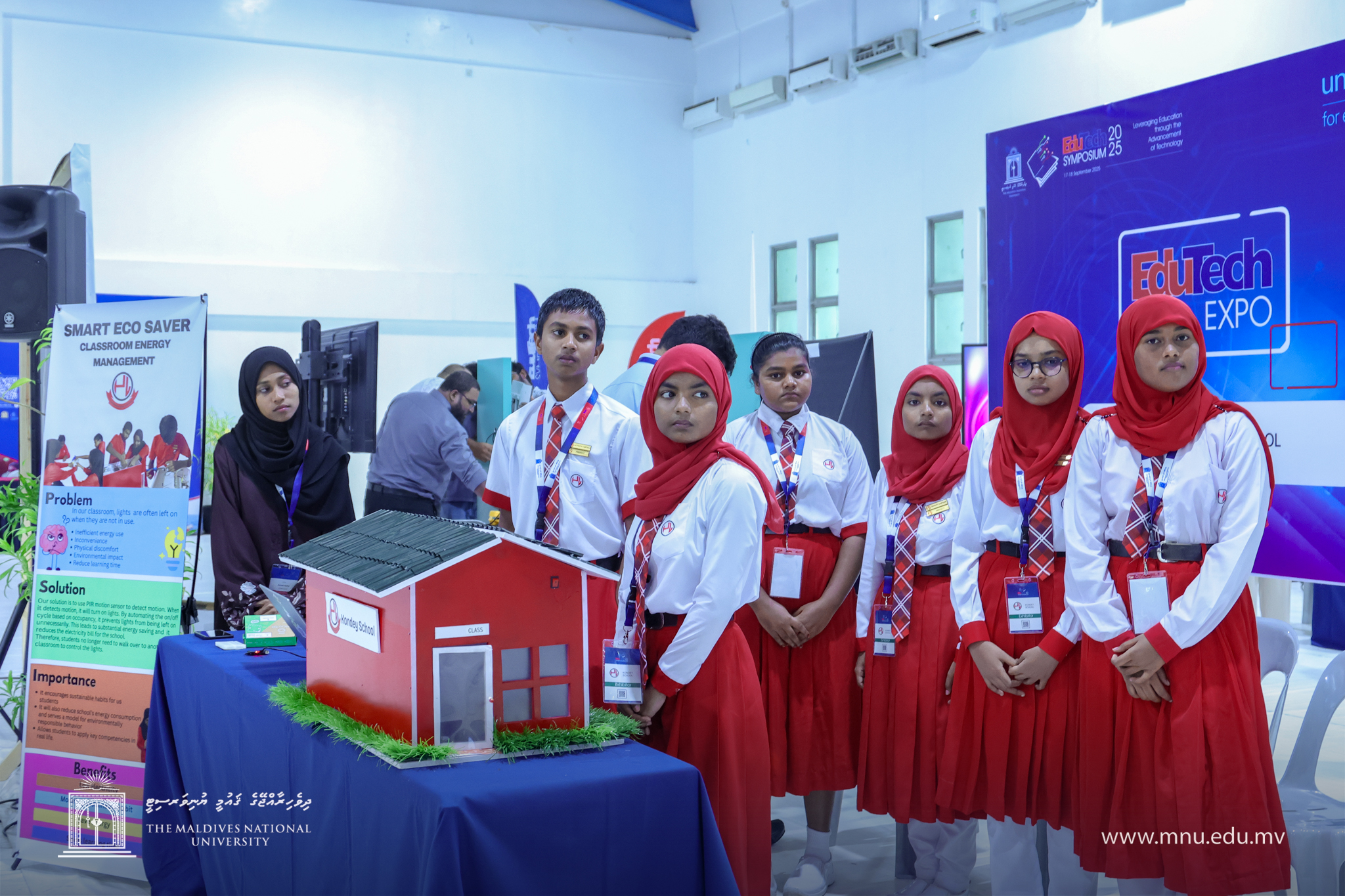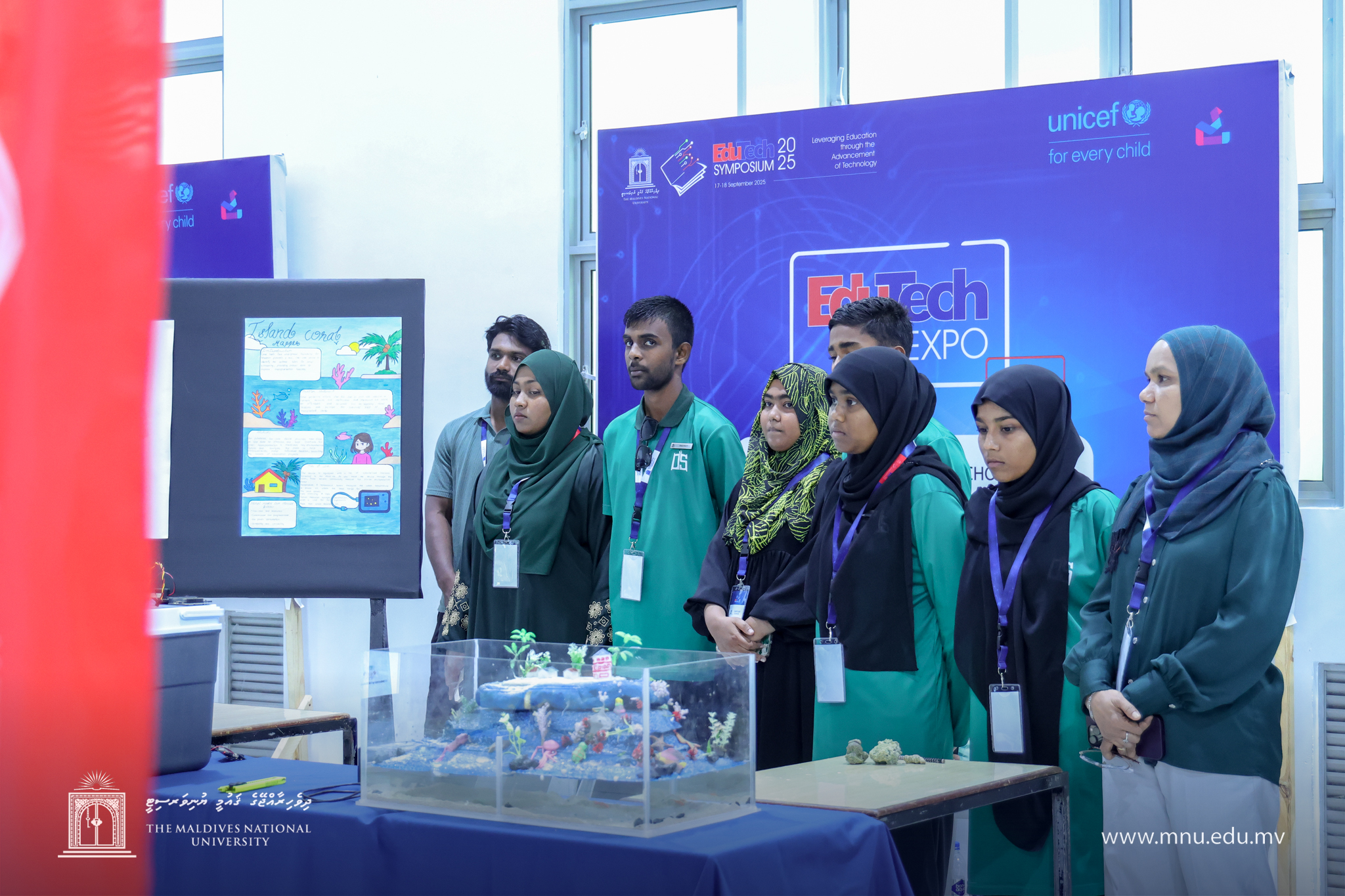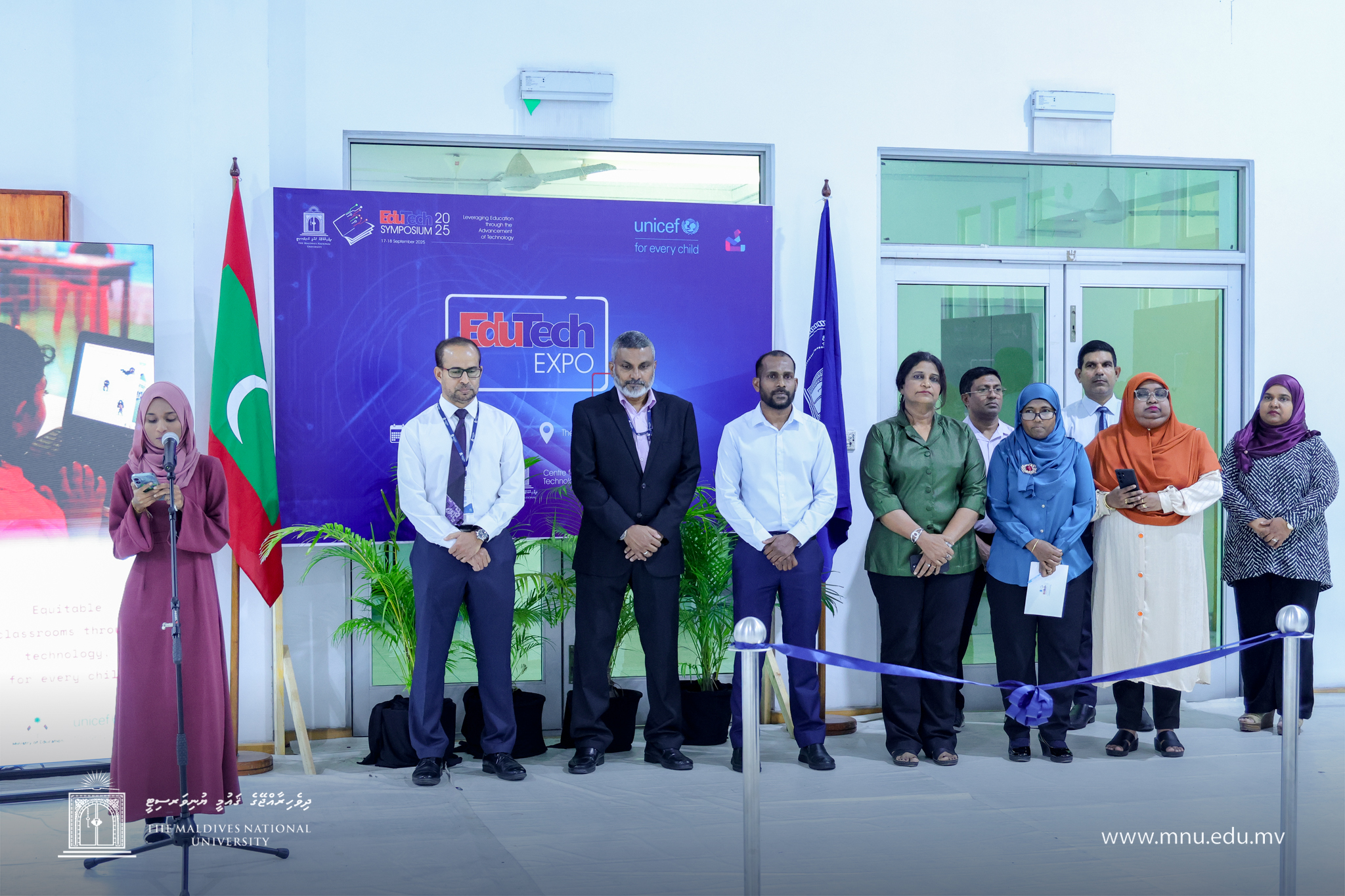The future of education is increasingly adaptive and technology-enabled, driven by tools that personalize learning to each student’s pace, interests, and needs. Intelligent platforms can analyze learner progress in real time, offering tailored content, instant feedback, and targeted support. This shift allows educators to move beyond one-size-fits-all instruction and instead create flexible, engaging, and data-informed learning experiences. As adaptive technologies continue to evolve, they will play a key role in making education more inclusive, efficient, and responsive to the diverse ways students learn.
A webinar was conducted on the future of education, highlighting how learning is becoming increasingly adaptive and technology-enabled. The session explored emerging digital tools that personalize instruction, provide real-time feedback, and support diverse learning needs. Educators were introduced to examples of intelligent learning platforms, data-driven teaching strategies, and innovative classroom applications that enhance student engagement and achievement. The webinar also emphasized the growing importance of flexibility, accessibility, and learner-centered design as technology continues to transform educational practice.
